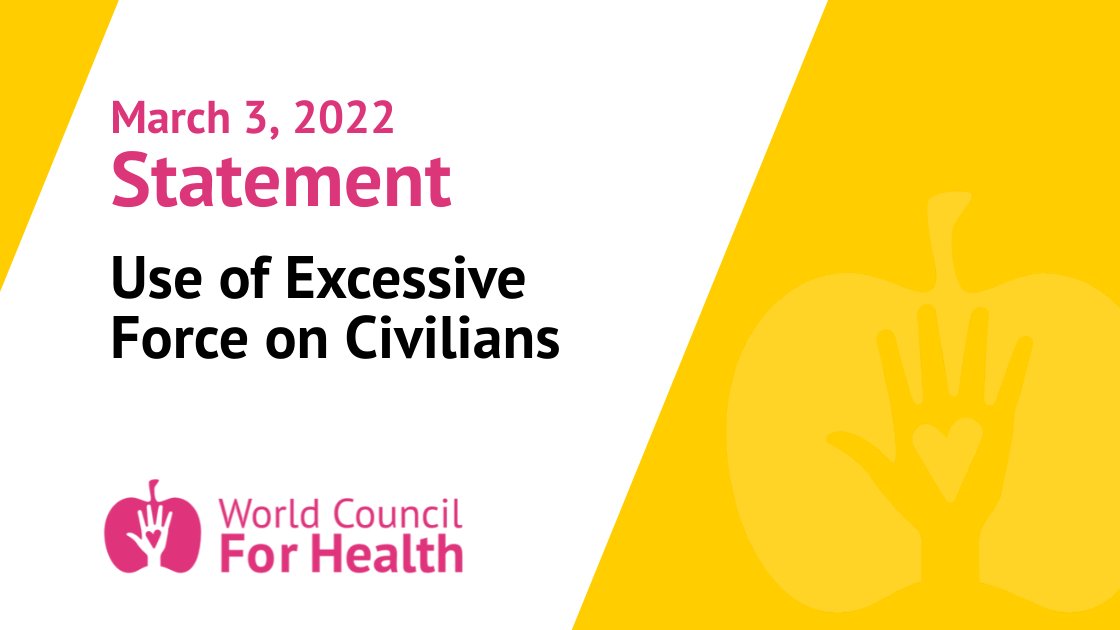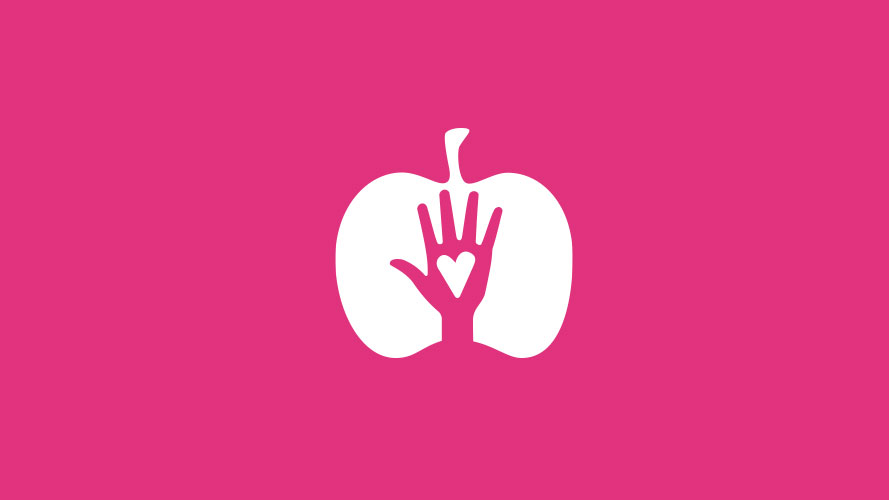The World Council for Health (WCH) calls for governments to cease the use of crowd-control tactics that cause harm including excessive force and ‘non-lethal weapons’. The right to gather and protest is a fundamental human right, enshrined in the Universal Declaration of Human Rights. Historically, protest has effected positive change, as civilians call governments to account. As such, governments have a duty to enable peaceful protest and where violence does erupt, for the response to be proportionate.
Footage captured at Camp Wellington on Wednesday 2 March showed police using excessive force on anti-mandate protesters who have been demonstrating outside of New Zealand’s parliament building for nearly four weeks. Less than two weeks ago, police in Canada likewise used excessive force to clear the remaining freedom convoy participants from the streets of Ottawa following the invocation of the Emergencies Act.
In many protests and demonstrations in recent years, crowd-control tactics have been far from proportionate. Police forces have responded with so-called ‘non-lethal weapons’ that cause physical injury and psychological distress, and even death. These include tear gas—a chemical warfare agent banned by the Geneva Convention in 1925 and the Chemical Weapon Convention in 1997 in warfare, but still used against civilians—sonic cannon, rubber bullets, batons, pepper spray, water cannon, concussion grenade, and many more.
Some of these weapons are, in fact, potentially lethal and many have not been adequately assessed in terms of their impact on civilians of different ages and with pre-existing conditions. All of them are damaging to the human body. For example:
- Tear gas can cause long-term breathing problems, temporary or permanent blindness, severe skin reactions, and death. Canisters fired at close range can cause severe injury.
- Sonic cannon such as Long-Range Acoustic Devices (LRADs) can cause migraines, loss of balance, temporary or permanent hearing loss, and more.
- Water cannons have the potential to cause serious injury, with cited cases of blindness and death.
- Kinetic impact projectiles, or rubber bullets, can cause permanent disability and death.
In the face of peaceful demonstration, WCH calls upon governments to respond with peaceful engagement. It is their responsibility and duty to their citizens to listen and collaborate when issues inspiring protest arise. Aggressively quashing protest movements does not encourage constructive dialogue or positive progress, and may result in an escalation of the protesting itself.
WCH stands with peaceful people protesting mandates around the world and against any and all excessive force used against them.








